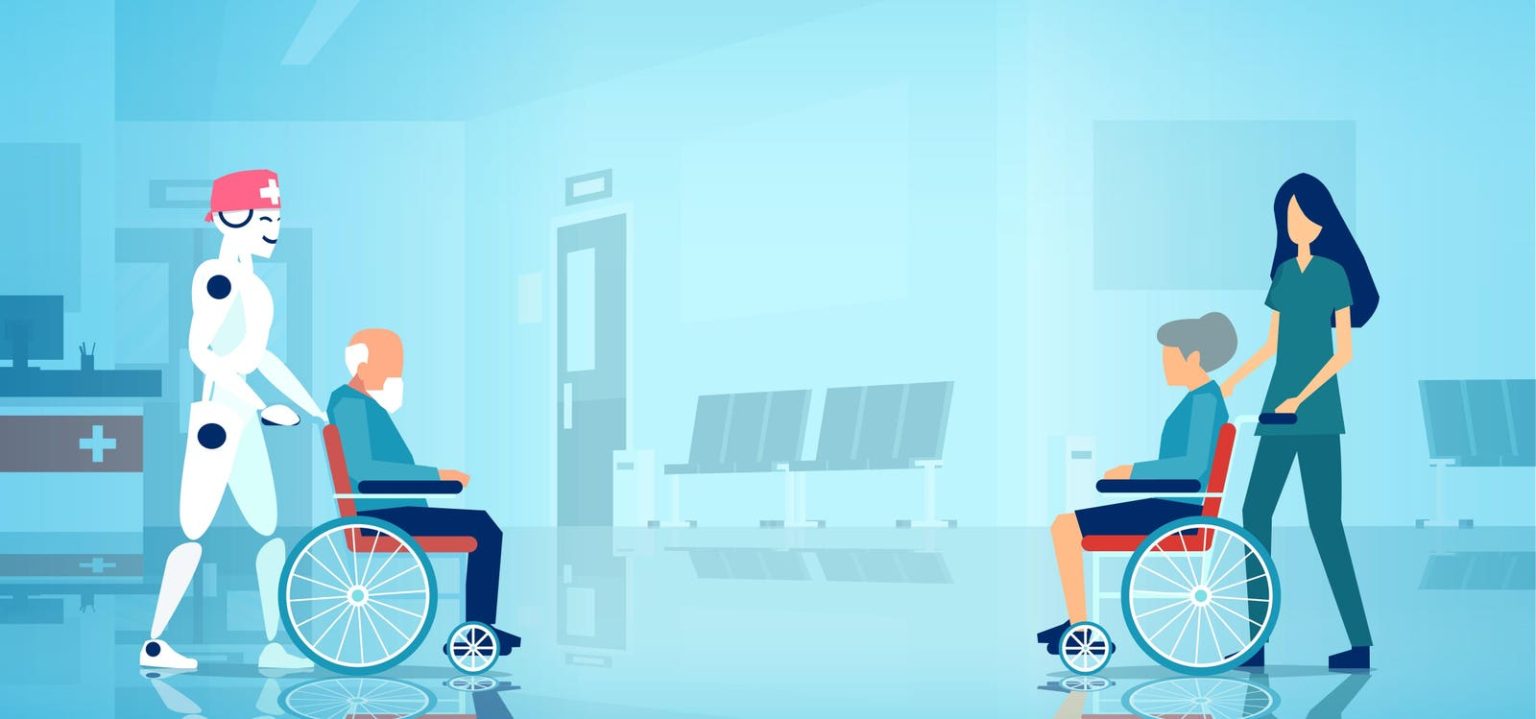In the realm of elder care, artificial intelligence (AI) is emerging as a powerful ally in ensuring the well-being and quality of life for seniors in their twilight years. Often criticized for its potential to distance human connections, technology is proving its ability to bring people closer together, offering companionship, support, and joy to those navigating the challenges of aging. Through the utilization of AI-powered robots, virtual assistants, and wearable devices, the elderly are finding new ways to stay engaged, connected, and independent, revolutionizing the landscape of elder care.
One of the most significant ways AI is making an impact is through the development of AI companions that provide much-needed companionship and practical assistance to seniors. For example, ElliQ, an AI companion designed specifically for the elderly, offers conversation, entertainment, and reminders for health-related tasks, keeping the elderly engaged and promoting a healthier lifestyle. These companions serve as a lifeline for those who may spend extended periods without human contact, combating loneliness and improving overall well-being.
AI is also revolutionizing health monitoring and predictive care for the elderly, with wearable devices and home sensors now able to track vital signs, detect falls, and predict health issues before they escalate into emergencies. Technologies like CarePredict use machine learning algorithms to learn seniors’ daily patterns and alert caregivers to any deviations that may indicate health issues, ensuring timely intervention and potentially saving lives. This proactive approach to health monitoring empowers seniors with autonomy while providing them with the support they need to maintain their well-being.
Machine learning algorithms are further personalizing care plans for individuals by considering their unique health histories, preferences, and needs. This customization ensures that the care provided is not only adequate but optimal, particularly in managing conditions like Alzheimer’s and dementia. Platforms like MindMate leverage AI to tailor cognitive activities and track progress, offering seniors a personalized brain health regimen that can improve cognitive function and quality of life.
Smart home technology integrated with AI is enabling seniors to maintain their independence while ensuring their safety. Automated lighting, voice-activated devices, and smart thermostats make living alone less daunting for the elderly, reducing the risk of accidents and improving their quality of life. Platforms like Intuition Robotics combine smart home features with companion robots to create an ecosystem that supports seniors in living independently, securely, and comfortably, enhancing their overall well-being.
AI is also enhancing communication and connection for the elderly, breaking down barriers of isolation by making communication easier and more accessible. Video call apps and platforms integrated with AI simplify interfaces and enhance user experiences, enabling seniors to stay in touch with their loved ones with ease. This was particularly crucial during the COVID-19 pandemic when isolation became a significant issue for the elderly, highlighting the importance of AI communication tools in bridging the gap between seniors and their families and friends.
As we chart the path forward in integrating AI into elder care, we are not just pushing the boundaries of what is possible but redefining what it means to age in today’s world. AI has the potential to transform elder care, offering a future where the elderly are supported, respected, and able to live their best lives. By innovating and integrating AI into elder care with a commitment to ethical principles, we can ensure that technology serves as a bridge to better care, deeper connections, and a more inclusive society, ultimately adding life to the years of our seniors.


